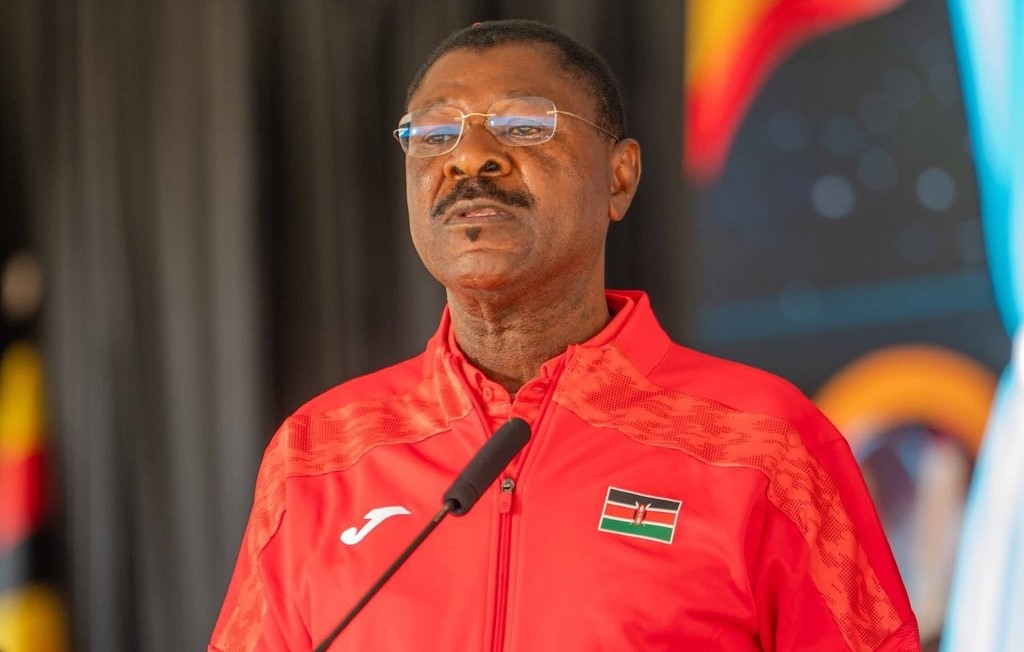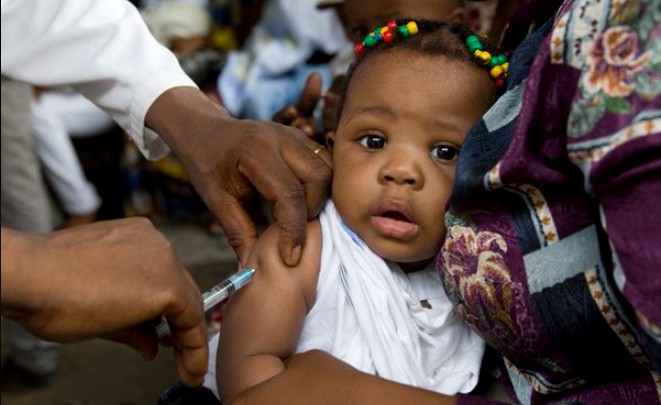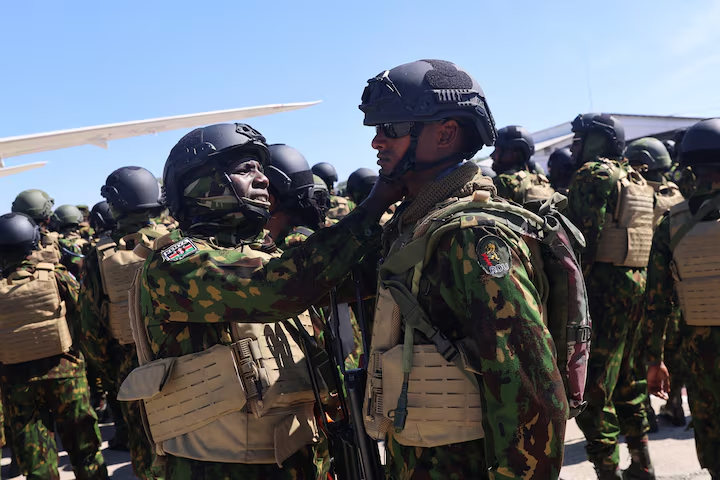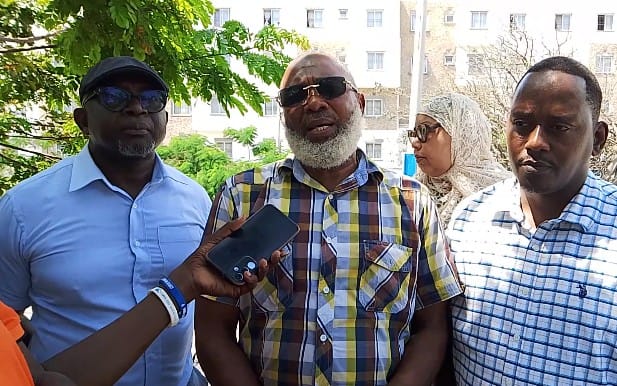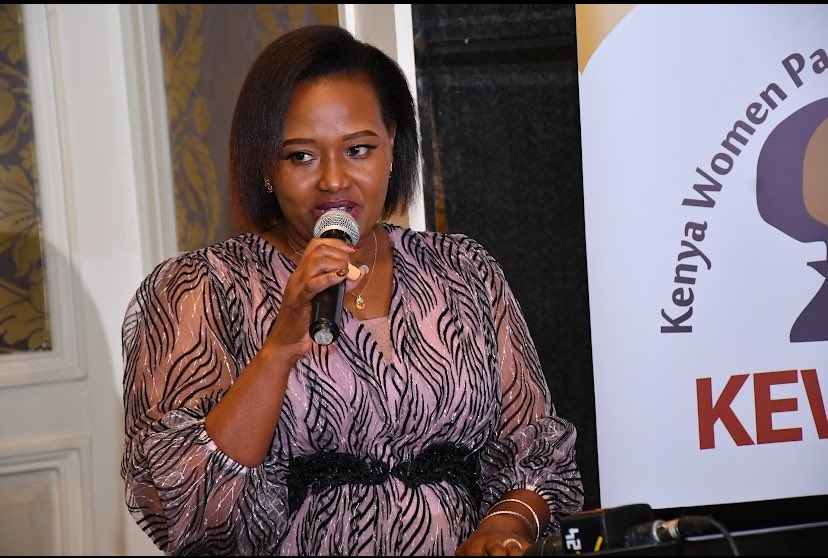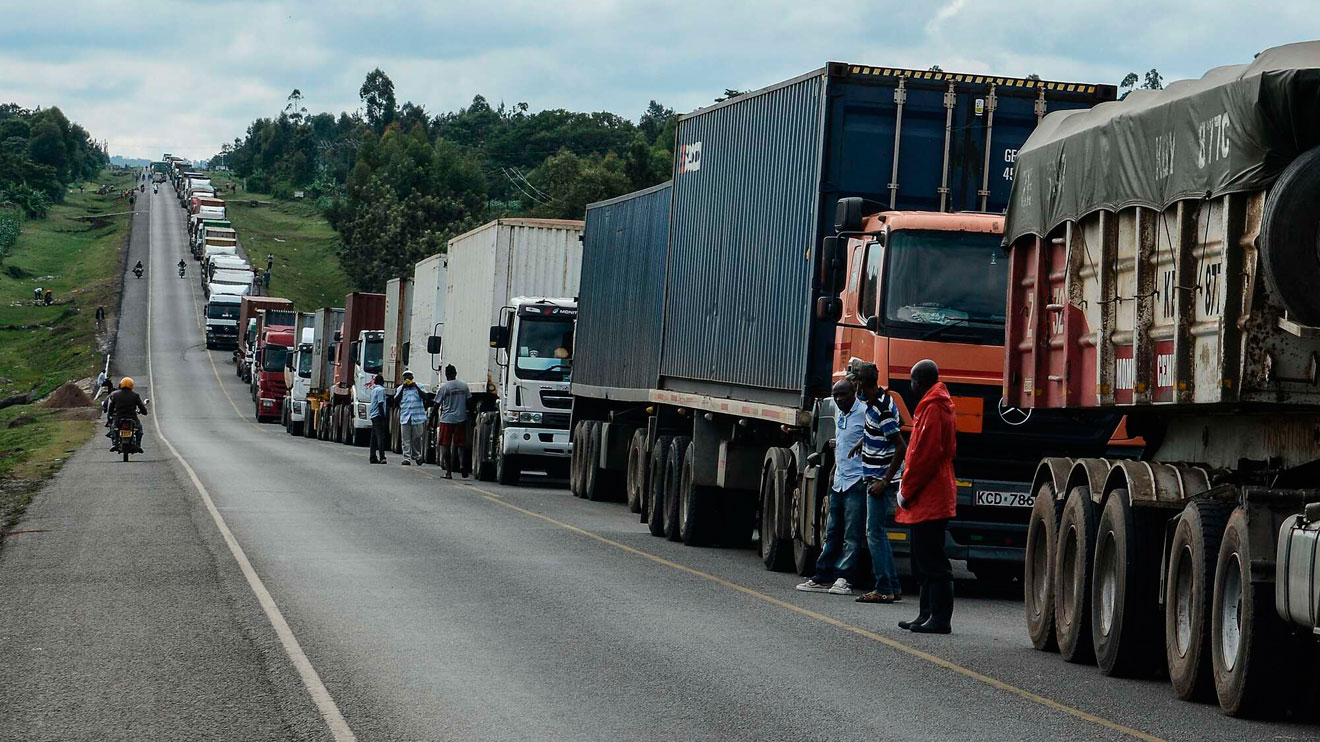UN Prosecutor calls on South Africa to act on genocide suspect Fulgence Kayishema
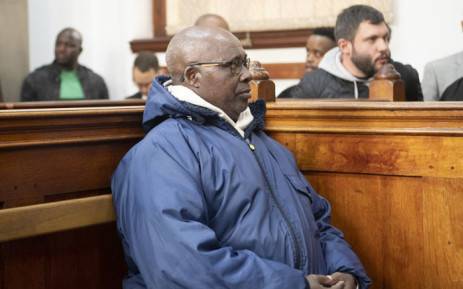
Brammertz demanded either the execution of the Mechanism’s arrest warrant and transfer of Kayishema into its custody or his trial within South Africa, in accordance with obligations under the Genocide Convention.
The United Nations Prosecutor has called on South Africa to immediately act on the case of Fulgence Kayishema, a genocide suspect arrested more than two years ago, warning that the current delay is unsustainable.
Addressing the UN Security Council on Thursday, Serge Brammertz, Prosecutor of the International Residual Mechanism for Criminal Tribunals, demanded either the execution of the Mechanism’s arrest warrant and transfer of Kayishema into its custody or his trial within South Africa, in accordance with obligations under the Genocide Convention.
More To Read
- Rwandan genocide suspect Francois Gasana extradited from Norway
- Rwanda’s UN envoy makes case for registry on international criminal matters
- France reopens genocide case against former UN worker Callixte Mbarushimana
- French court suspends genocide probe into Rwanda’s former First Lady over lack of evidence
- Rwandan genocide convict living in New York arrested over immigration fraud
- French court convicts writer, publisher for denying Rwandan Genocide
“If it is unable to do so, it is obliged under the Genocide Convention to prosecute Kayishema in its courts,” Brammertz said, adding that his Office believes “the time has come for decisions to be made. The status quo is not sustainable. These matters need to be expeditiously brought to a conclusion.”
On Félicien Kabuga, whose trial was halted in August 2023, the Prosecutor reiterated the Mechanism’s position that Rwandan nationals should be returned to Rwanda after their trials.
He said Kabuga remains in custody.
Brammertz also updated the Council on the Office’s broader work in supporting national prosecutions and implementing the completion strategies of the International Criminal Tribunal for Rwanda (ICTR) and the International Criminal Tribunal for the former Yugoslavia (ICTY).
“In the last six months alone, the OTP received 177 requests from eleven national partners seeking our investigative, analytical, and legal expertise,” he said, as he outlined recent assistance in Rwanda, Bosnia and Herzegovina, Montenegro, France, the United Kingdom, and the United States.
The Prosecutor highlighted Rwanda’s appeal for help in tracing over 1,000 fugitive genocidaires.
In response, his Office and Rwandan prosecutors announced the closure of 65 fugitive files and pledged continued joint efforts in locating more high-priority suspects.
He also pointed to the submission of an investigative dossier to the Chief Prosecutor of Bosnia and Herzegovina concerning alleged crimes against humanity, the work of a joint task force with Montenegrin authorities on serious crimes, and continued collaboration with counterterrorism agencies in France, the UK, and the US.
“Through this and other work, we are helping to ensure that suspected war criminals and génocidaires do not enjoy safe haven in countries where they have falsely claimed refugee status,” Brammertz told the Council.
He confirmed that the Office’s support to Member States would remain in high demand and stated that a sustainable mechanism must be put in place to continue offering such assistance even after the Mechanism winds down.
Brammertz supported the idea of transferring the assistance function to another UN office to meet Member States’ needs while enabling the Mechanism’s closure.
He said residual functions, where possible, should also be handed over to national jurisdictions.
In conclusion, Brammertz reaffirmed the Office of the Prosecutor’s commitment to keeping the Security Council informed as discussions about the Mechanism’s future unfold.
Top Stories Today





